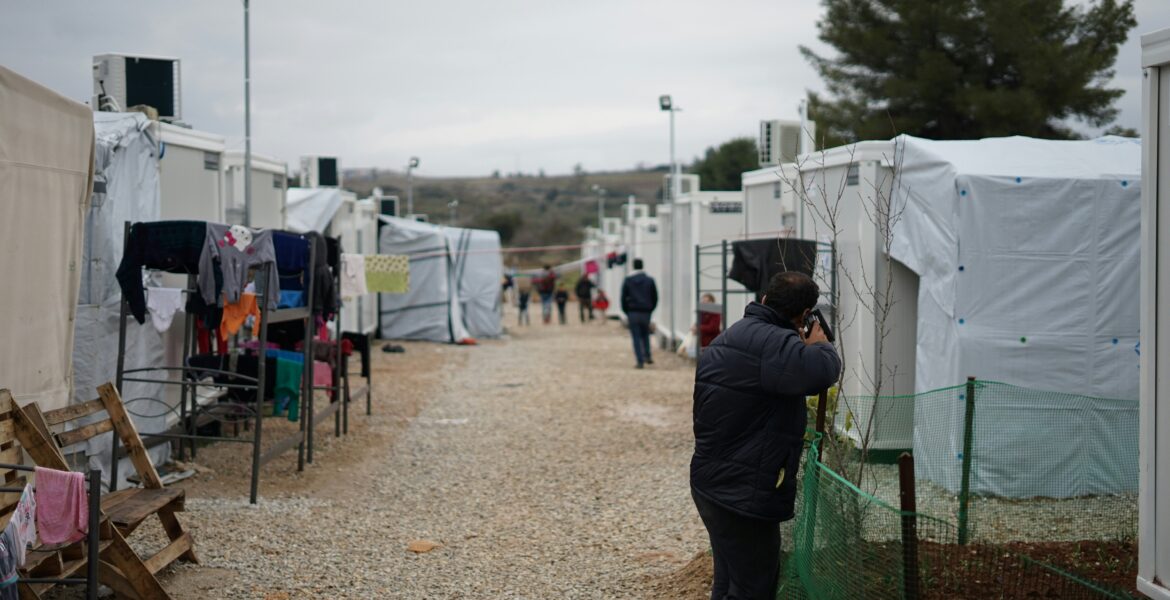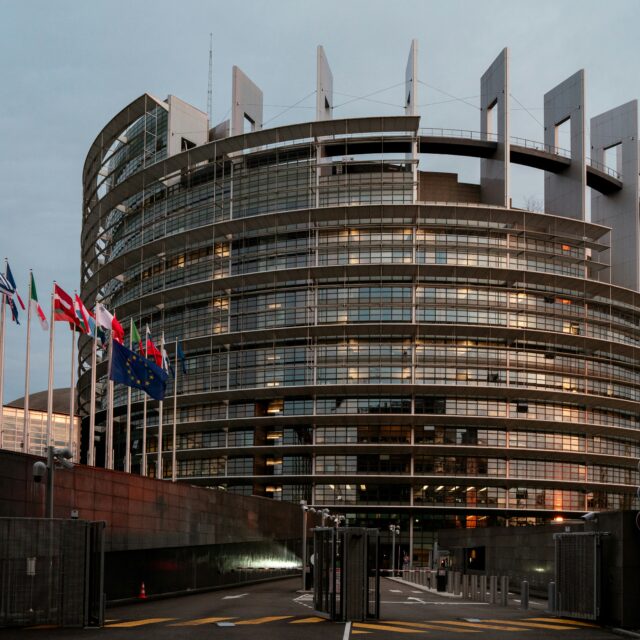Photo by Julie Ricard on Unsplash
In some countries, emigration outweighs immigration as a concern. according to a new survey.
It comes just ahead of the keenly awaited EU elections this June.
Ahead of the poll, the European Council on Foreign Relations (ECFR) tested public attitudes towards key themes of the political campaigns – including migration, the performance of the European was immigration cited as a lead concern by a plurality of respondents.
The survey says it found that in some countries, emigration outweighs immigration as a concern.
Voters, it argues, are concerned less by immigration than by emigration, or by “both equally”, were most pronounced in Romania (14% are more concerned by immigration vs 65% more concerned by emigration or both equally), Italy (25% vs 60%), Spain (25% vs 66%), Hungary (22% vs 63%) and Greece (19% vs 73%).
This trend is also apparent, to some extent, among supporters of European far-right parties.
While a majority of supporters of anti-European parties (81% of Dutch PVV and 72% of FPO, followed by 60% of Sweden Democrats, 59% of AfD, 59% of France’s Rassemblement National, and 57% of PiS) stand out as those most worried by people coming to their countries – rather than by emigration – this trend is not uniform. Supporters of Fratelli D’Italia (54%), Vox (53%), Chega (56%), and Fidesz (54%), are principally concerned by emigration or by both emigration and immigration equally.
The poll also found that pro-European parties should refrain from campaigning on the EU’s track record, which citizens view as significantly negative.
It says there are significant divisions within the far-right political movement on issues including migration and EU membership.
Another key takeaway was that European citizens are split on key items of the bloc’s agenda, including climate action and the war in Ukraine.
The survey was of 12 European member states (Austria, France, Germany, Greece, Hungary, Italy, Netherlands, Poland, Portugal, Romania, Spain, and Sweden).
It found that, on the pandemic, only in Portugal (56%) and Spain (42%) do large numbers see the EU as having played a positive, rather than negative, role.
On Ukraine, the EU’s role is also viewed in a negative light by a plurality of respondents (37% on average), with some country exceptions, in Sweden, Portugal, Netherlands, and Poland, where the prevailing view (41%, 39%, 37% and 34%, respectively) is that the EU’s role has been positive.
It says that the EU’s climate policies are divisive. When confronted with a hypothetical trade-off, between pursuing climate ambitions “even if that means energy bills would need to rise” or avoiding a rise in energy bills “even if that means missing the carbon emission targets”, a plurality of respondents (41% on average) preferred the latter, while 25% chose the former. Only in Sweden and Portugal was the prevailing view (with 37% and 31%, respectively) that European governments should do all possible to reach carbon emission targets.
Migration, it predicts, won’t define the election.
Just 15% of respondents across the polled countries see immigration as the leading crisis of the past decade, compared to 21% selecting global economic turmoil, 19% the Covid pandemic, 16% climate change, and 16% the war in Ukraine. Only in Germany (29%) and Austria (24%) was immigration cited as a lead concern by a plurality of respondents.




